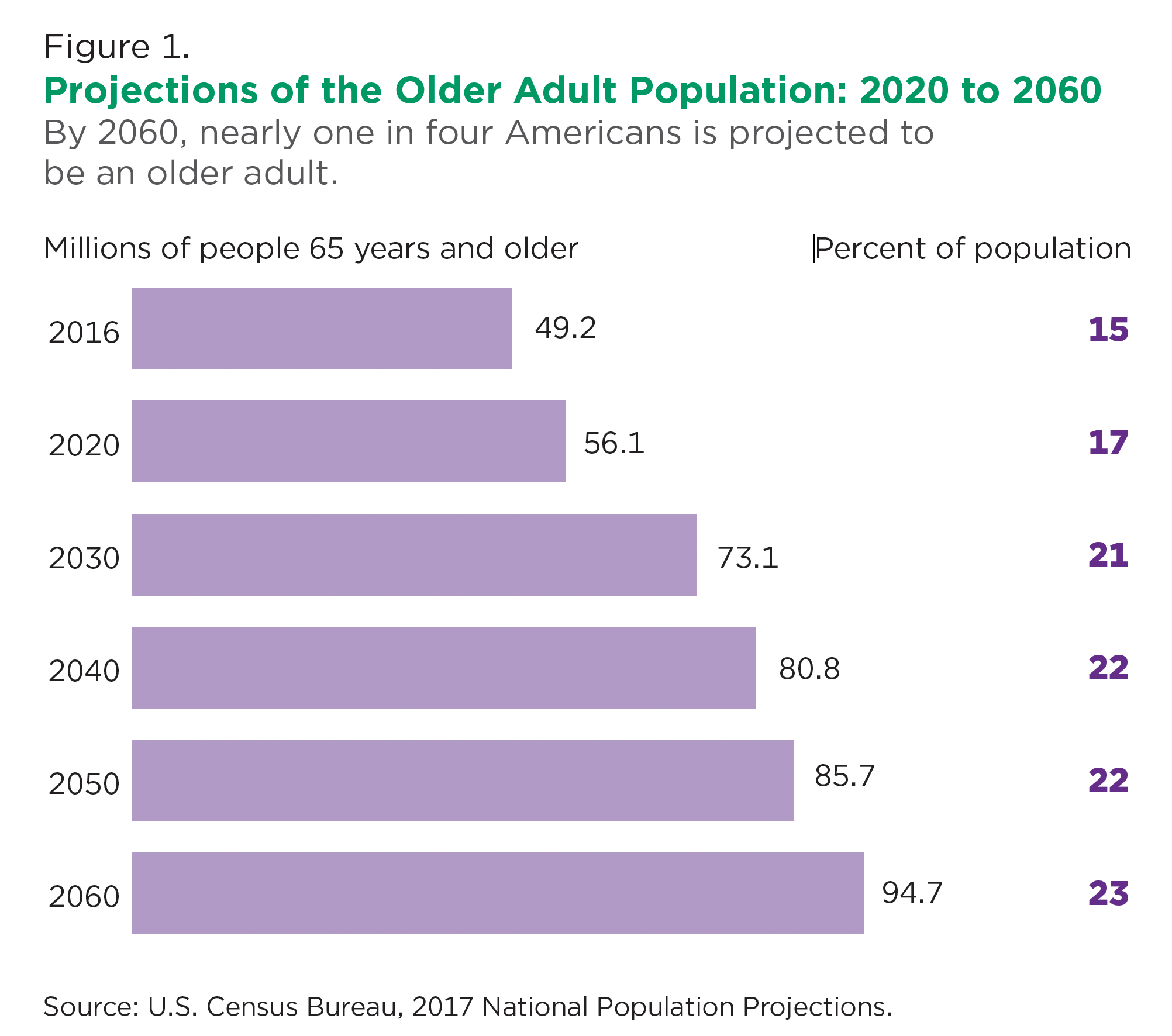By The Clearday Research Team
When it comes to those living with Alzheimer’s Disease and Dementia, the lives of those around them are oftentimes just as impacted. Many family members become an informal and unpaid workforce of caregivers.
The role of caring for a senior loved one can be trying. Even more so, caring for a loved one with Alzheimer’s Disease or Dementia escalates that burden with additional stress and anxiety (AD Facts and Figures, 2019).
The unpaid caregiver burden includes psychological, physical, and financial impacts.
The psychological burdens of caregiving is real. Stress, anxiety, depression, and isolation are all concerning trends related to family caregivers of a loved one with Alzheimer’s Disease or Dementia. A study of caregivers who were previously symptom-free showed that 60% had either an anxiety or depressive disorder only two years later (Cheng, 2017). 59% percent of family caregivers rated the emotional stress of caregiving as high or very high (AD Facts and Figures, 2019). The prevalence of anxiety among caregivers is 44% while depression related to social isolation of caregivers is approximately 30 to 40%. (AD Facts and Figures, 2019; FCA)
Experiences unique to Alzheimer’s Disease and Dementia care can make caregiving uniquely difficult. Caregivers feel the worst in time because they lose emotional connection with their loved one. As their family member no longer recognizes them, this can be especially heartbreaking. (Cheng, 2017)
Caregiving is associated with decreased physical health. Caregiving is associated with poorer sleep quality, more rapid cognitive decline compared to non-caregiving counterparts (Fonareva and Oken, 2015), a rise in symptoms like hypertension and other cardiovascular risk factors, along with immune system decline (AD Facts and Figures, 2021) (Fonareva and Oken, 2015). This is both troubling for the caregiver’s health, but also the ability for the caregiver to properly care for the recipient. Physiologically, caregiving takes a toll.
The financial burden of care for those with Alzheimer’s Disease and Dementia is strikingly higher, averaging $83K compared to $38K for patients with other diseases.
The financial burden of care for those with Alzheimer’s Disease and Dementia is strikingly higher averaging $83K compared to $38K for patients with other diseases. Along with higher costs, expenses increase as a loved one’s symptoms progress, often averaging an 18% year over year increase (Wong, 2020). It is also important to take into account the lost economic potential of family members that choose to become caregivers and forgo alternate opportunities with their time.
In just the past 5 years, the number of unpaid and family caregivers has increased 19% to 47.9M people caring for their adult-aged loved ones (AARP, 2020). The economic value of this unpaid caregiver workforce is substantial. Looking at just 16.3M informal caregivers alone, providing 18.6B hours of unpaid care, the value of this informal care was $244B (Wong, 2020)
Caregivers are in demand and demand is only growing. Support for unpaid caregivers is a dire need. At Clearday, we are creating the tools and resources to care for this growing population segment and the support teams around them. To learn more about Clearday’s full offerings and resources, click here.
This blog and related materials prepared by Clearday, Inc. may use publicly available information including market research, studies or reports by unaffiliated third parties that include market demographics and other relevant market or research information. Such information or a link to such information is available upon request. We do not warrant any such information and do not have information that cause us to believe that any such market research, studies or reports are not correct in all material respects.
